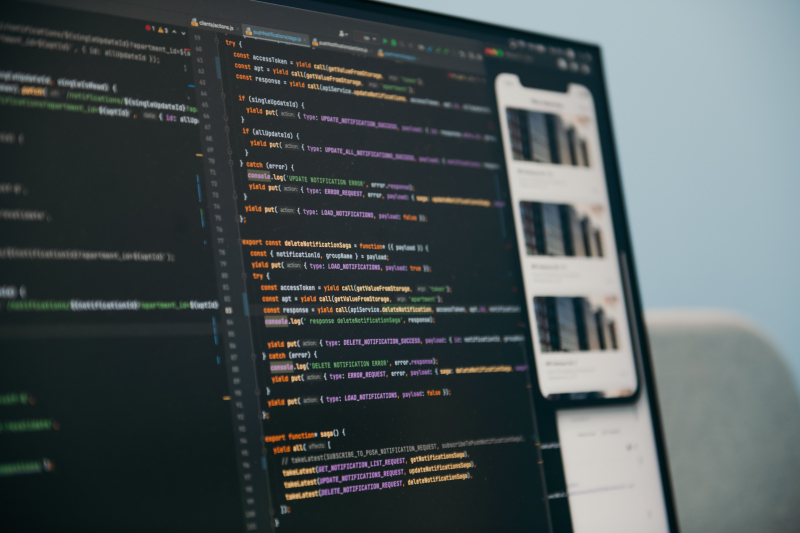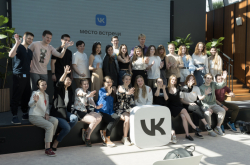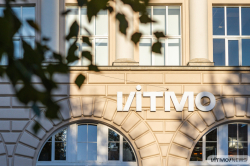Special features of the program
According to Gartner, generative AI is the top technology in 2022 that will have a major impact on business and innovation. Generative AI is a machine learning approach, where a neural network studies an array of data, such as images, videos, or texts, and then uses this information to create analogous but original content. For example, generative AI can create original images that look like real people or turn a simple sketch into a photorealistic object.
The famous OpenAI GPT-3, an algorithm for natural language processing, is also a generative model that is already used in creating an impressive range of apps for various fields – from business, engineering, and research to entertainment. GPT-3 can use Excel and text editors, can be easily integrated into various internet platforms, and can quickly process large amounts of text (archives, files, websites, or social media).
At the new Deep Learning and Generative AI Master’s program students will learn to not only apply machine learning models in practice, but also find contemporary algorithms and produce their own.
“We will train specialists that are not covered by any other program anywhere. Such researchers in the field of AI are extremely in-demand now both in the industry and in academia,” says Andrey Filchenkov, the head of the new program.
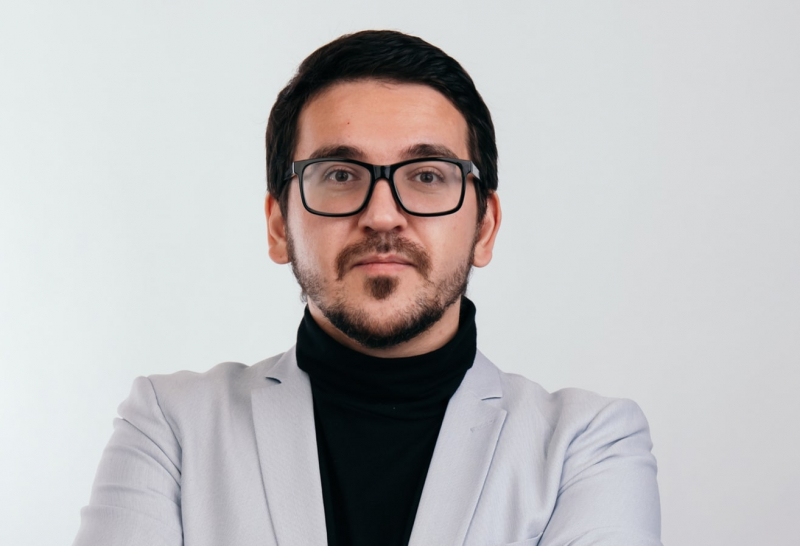
Andrey Filchenkov. Photo courtesy of the subject
Prospects of the graduates
Upon graduation, students will be able to work as ML/AI researchers and ML/AI research engineers. These experts develop and apply contemporary machine learning algorithms and AI systems to solve specific tasks of a company. For instance, they identify a problem or address an existing one; then they solve it using statistical methods and new probabilistic and statistical models; finally, they implement these findings into code.
The curriculum
Over the two years in the program, students will learn the theory of deep learning, as well as methods of reinforcement learning, natural and artificial language processing, and verification of machine learning algorithms. They will also learn to manage hyperparameters in complex models and track the algorithm’s decision-making process.
Lecturers of the program are ITMO’s researchers in the field of machine learning, as well as guest specialists from Russian companies. The current partners of the program are Huawei, Mail.ru Group, and Sberbank.
Two specializations will be available for this program: Mathematical and Algorithmic Foundations of AI and Frontier AI Technologies. The first one, as stated by its name, focuses on mathematics and algorithms, while the second one is meant to equip students with competencies needed to develop algorithms for specific tasks, where the developer has to work with incomplete, inaccurate, or ambiguous input data.
“As part of their practical training, students will receive tasks to develop new algorithms or implement components of functioning systems. The tasks will be provided by our partner companies or laboratories of the university and the Research Center “Strong AI in Industry,” adds Andrey Filchenkov.
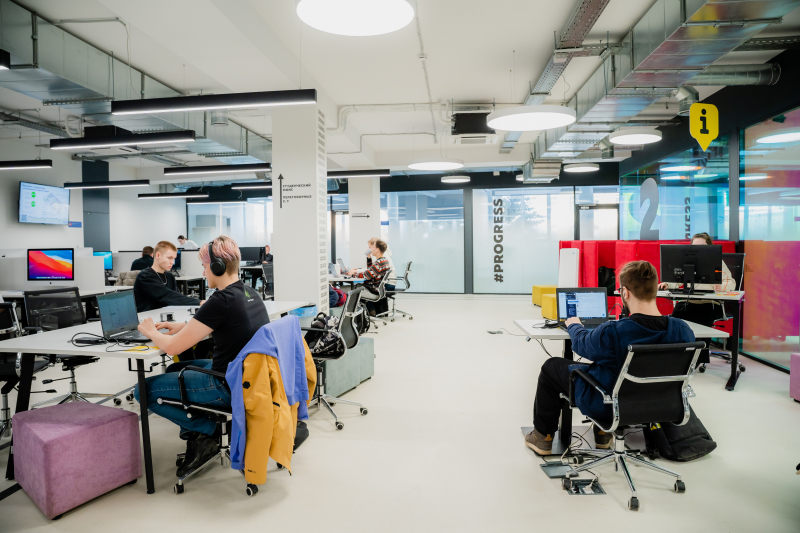
Photo by ITMO.NEWS
Application requirements
The program’s organizers expect applicants to have a background in machine learning and Python, mathematics and algorithms, and who have already trained several models.
The program is offered in Russian. Prospective students can enroll into the program via entrance exams, the portfolio contest, the I am a Professional contest, the Congress of Young Scientists, and ITMO Mega Contest. To learn more about enrollment, read our application guide.
